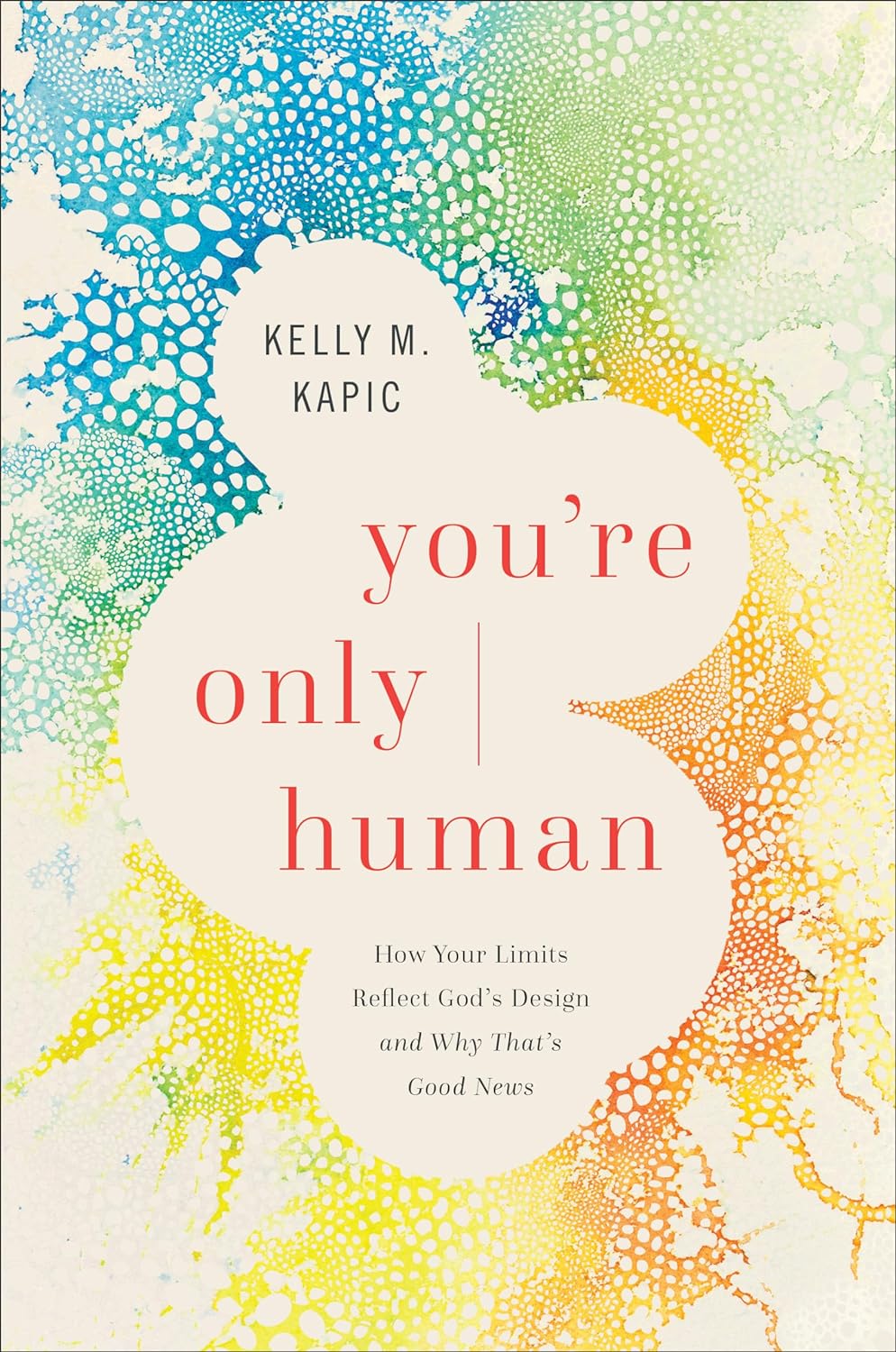A Brief Book Notice from Books At a Glance
by Steve West
About the Author
Kelly M. Kapic is professor of theological studies at Covenant College in Lookout Mountain, Georgia. He is the author and editor of a number of widely-read books.
Table of Contents
Part 1 Particularity and Limits
1 Have I Done Enough?
2 Does God Love…Me?
3 Are the Limits of My Body Bad?
4 Why Does Physical Touch Matter?
5 Is Identity Purely Self-Generated?
Part 2 Healthy Dependence
6 Have We Misunderstood Humility?
7 Do I Have Enough Time?
8 Why Doesn’t God Just Instantly Change Me?
9 Do I Need to Be Part of the Church?
10 How Do We Faithfully Live within Our Finitude?
Summary
Chapter 1: Have I Done Enough?
Our finite limitations are a good gift from God. When we fail to realize this, we feel pressure to be something more than we can ever actually be. We can have infinite hope in our infinite God, but there are finite disappointments, losses, and fears in this world where so many things are outside of our control. Our human fragility is revealed in traumas and tragedies, but also in mundane everyday realities—and even in simply aging. Although finitude is part of being human, many try to do too much and live with utterly unrealistic expectations for work and activism. Part of the problem is that even in our school years we rush through a packed day trying to juggle too many tasks and unrealistic expectations of workload. We are overwhelmed thinking about how every sphere of life could have more attention, time, and effort, and there are always countless things left undone that make us feel guilty. In our spiritual lives, there are more prayers to pray, ministries to engage in, etc. In family life, spouses, children, aging parents, extended family, and other relationships could always use more time.
The solution to this problem is not to be more efficient and learn about time management: the solution is pastoral and theological.
By definition, every creature is a dependent being, and that means that our dependency and limitations are designed by God. They are not problems to be overcome but part of our God-given nature to embrace. Parents feel pressured to make their children stars in everything, but we need to stop overscheduling activities and realize that nobody is supposed to be good at everything. Finitude is not sinful, and our limitations do not make us sin. Sometimes what we think is sin—or the effects of sin—is simply the natural reality of having reached our limits. Satan tempts us to resent and reject our creaturely limits, wanting to know more, do more, and be more than we can be. Creaturely limits are not faults: they are gifts from God. Sinful hubris breeds discontent and lusts for more and more power. We cannot be infinite, and our whole life is to be lived in acceptance of our finite natures. What God requires of us does not require us to cease being finite, so we should stop thinking we need to repent for being so. Our finite, dependent natures are designed by God, and this truth is liberating when put into a biblical context. . . .
[To continue reading this summary, please see below....]The remainder of this article is premium content. Become a member to continue reading.
Already have an account? Sign In
